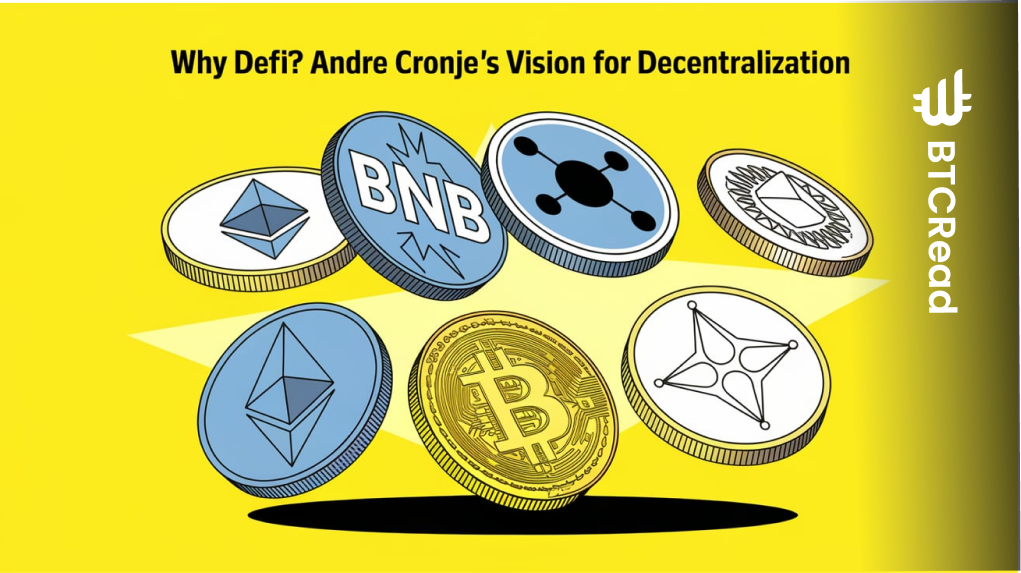A prominent figure in decentralized finance (DeFi), Andre Cronje, has written an article titled “Why DeFi,” in which he discusses this emerging technology’s transformative capability.
In his article, Cronje traces through time from the earliest forms of finance, where barter was used, to modern banking and how DeFi seeks to take away the barriers and inequalities that have come into finance over time.
“Finance, at its core, has always been about empowering and putting idle assets to work,” Cronje writes. In his opinion, the financial system has moved away from its primary purpose of empowering people by using credit scores and gatekeepers.
Cronje argues that DeFi brings us back to these core values. It provides one in which all persons have the same treatment, which is public and transparent for everybody to see. The democratization of finance could have many consequences.
Cronje sees a prospect where old conventional businesses such as insurance, energy, real estate, and banks will all be moved on-chain, thus making them freely accessible, clear, and open access to everyone.
Impact and accessibility of DeFi
The possible effect of such a switch can be incredible. Cronje highlights that people are now cut off from most of the top 7 industries in the world. It includes life and health insurance, oil and gas, and commercial banking. DeFi could change that, allowing anyone to participate in these lucrative markets
Despite this, Cronje is not one to shy away from the challenges that DeFi presents. He is aware of the fact that there are some “bastardizations” in the territory, for example, “fake incentives, bloated yield, and unsustainable income.” Yet, he still holds that these problems are not the cause of DeFi’s potential.
Cronje anticipates DeFi being more than just a financial tool in the future. He positions it as “the core building blocks for a decentralized society.” It suggests that its impact could extend far beyond the realm of finance.
Nevertheless, Cronje’s article is a guide to its key concepts and a vision for its possible future. The obstacles remain, but the idea of a more open, transparent, and accessible financial system still inspires innovation in this rapidly growing sector.
Related Reading | Nasdaq seeks SEC approval for Bitcoin index options







